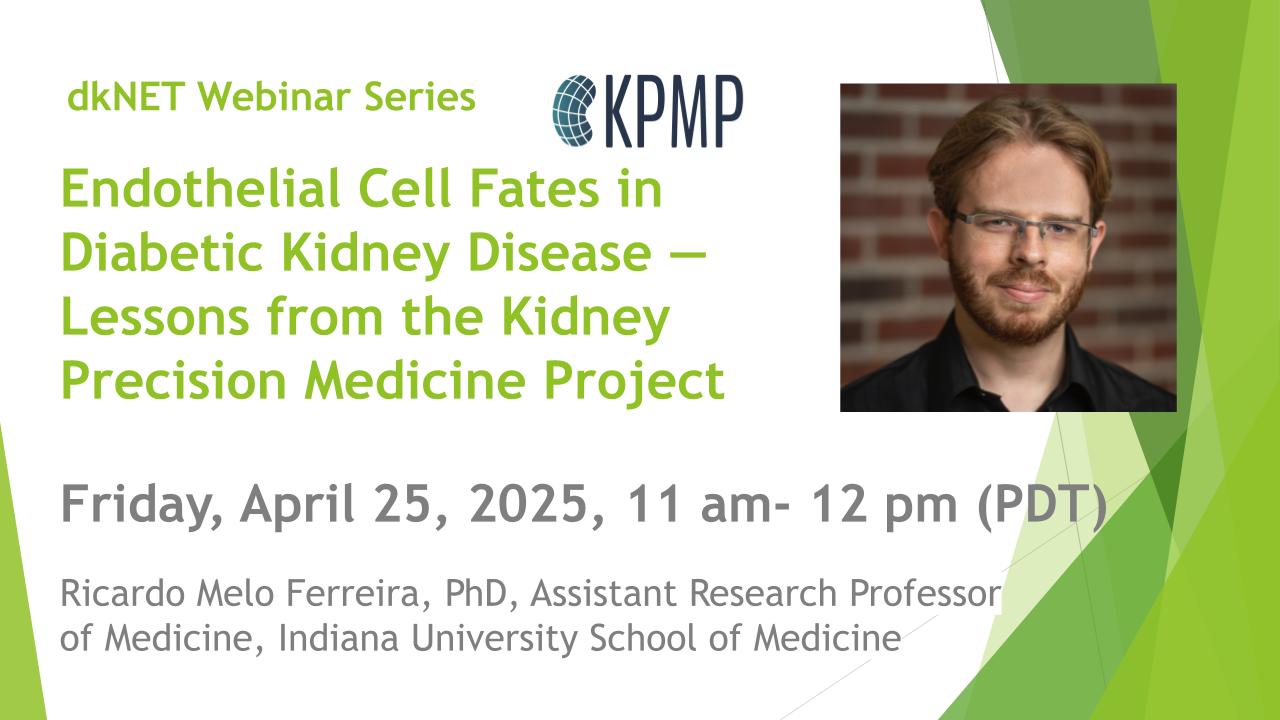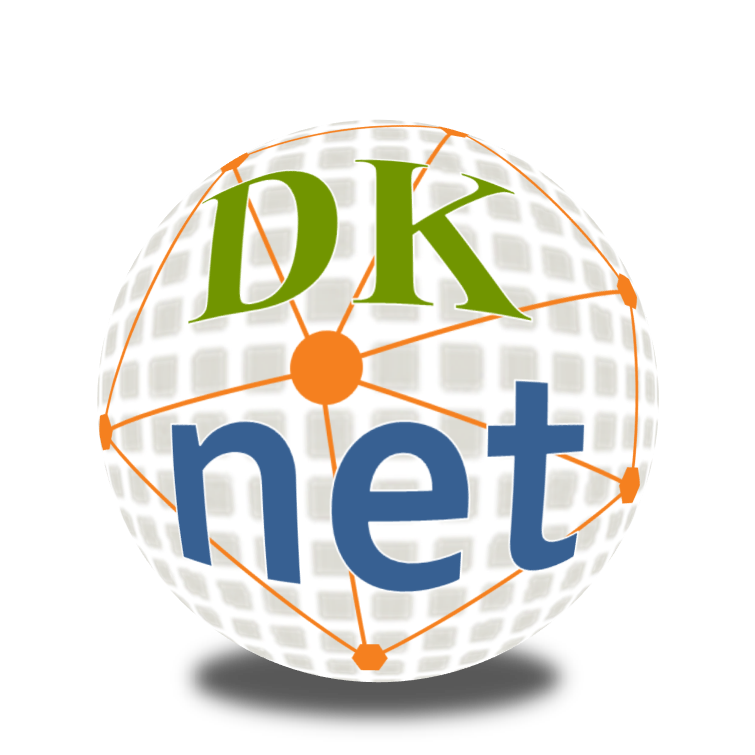Leaving Community
Are you sure you want to leave this community? Leaving the community will revoke any permissions you have been granted in this community.
[Recorded Webinar and Slides are Available Now!] dkNET Webinar "The Stimulating Peripheral Activity To Relieve Conditions (SPARC): Advancing Bioelectronic Medicine Through Open Science"
*Watch recorded webinar here: https://youtu.be/x7gtUGkSNDI
Join dkNET Webinar on Friday, Feb. 11, 2022, 11 am - 12 pm PST
Abstract
The Stimulating Peripheral Activity to Relieve Conditions (SPARC) program is supported by the NIH Common Fund to provide a scientific and technological foundation for future bioelectronic medicine devices and protocols.The goal of the SPARC program is to identify neural targets and accelerate the development of therapeutic devices that modulate electrical activity in the vagus and other nerves to help treat diseases and conditions, such as hypertension and gastrointestinal disorders, by precisely adjusting organ function. Some of the ways the SPARC program is working to advance this goal include: (1) Constructing anatomical and functional datasets from organ-specific neural circuitry, including those that mediate visceral pain. (2) Mapping the human vagus nerve, including circuit-level descriptions of human vagal anatomy and physiology. (3) Creating new tools and technologies, including open-source neuromodulation platforms, to enable precise manipulation and measurement of nerve-organ interactions and their associated functions. (4) Establishing effective research partnerships with clinicians, basic scientists, engineers, and private industry to pursue data-intensive, mechanistic clinical studies. (5) Implementing prize challenges for the research and development community to demonstrate proof-of-principle neuromodulation therapeutic benefits with limited off-target effects. (6) Developing the SPARC Portal to make high value autonomic nervous system data sets, maps, and computational studies freely available to the wider research community. The overall vision for the SPARC Portal is to accelerate autonomic neuroscience research and device development by providing access to digital resources that can be shared, cited, visualized, computed, and used for virtual experimentation.
The top 3 key questions that SPARC can answer:
1. Where can I find a detailed map ANS-end organ interactions?
2. Where can I find anatomical and physiological data for constructing computational models of the heart?
3. What are the targets of the vagus nerve?
Presenter: Dr. Maryann Martone, Professor Emerita, Department of Neurosciences, University of California San Diego
Dial-in Information: https://uchealth.zoom.us/meeting/register/tZcvcOygpzgpGtMdbKElu-WzvPijxh8lvrF_
Upcoming webinars schedule: https://dknet.org/about/webinar





